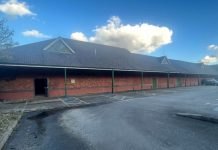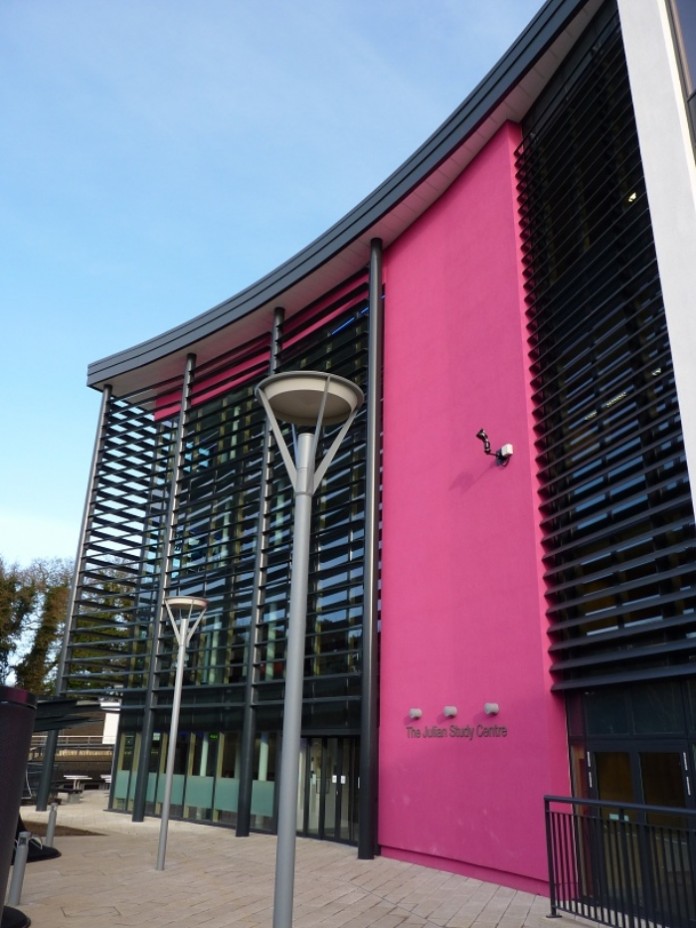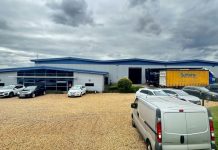Growing demand for first class, modern facilities has seen the University of East Anglia appoint leading multi-professional agency Pick Everard to its consultant framework.
Pick Everard will be delivering architecture, building services and structural and civil engineering as well as BREEAM assessments to improve the University of East Anglia’s (UEA) estate over the next four years.
The works may encompass development on buildings including faculty facilities, residential blocks, sports halls, restaurants and bars.
Paul Darlow, regional director for the east at Pick Everard, said: “We are delighted to be working with UEA. This appointment gives us the opportunity to build on our successful relationship with the university and harness the benefits of increased collaboration offered by working together through a framework agreement.
“We will be able to offer UEA our expertise of working on frameworks and collaborating with our fellow consultants to drive improvement in quality of design and service delivery.
“This appointment will also see us expanding our portfolio of work in the higher education sector.”
UEA’s estate is renowned for its rich architectural heritage. It contains a number of prominent listed buildings, many of which have won design awards over the years.
Pick Everard designed the £6.9 million Julian Study Centre in 2013 for UEA, which went on to pick up the RIBA Suffolk Design Award in 2014.
Paul added: “We are currently working with UEA to provide BREEAM assessment services for the construction of its new Blackdale residential block for 500 students.
“We have been tasked with ensuring it meets the levels of energy efficiency demanded by the university, as well as providing civil and structural engineering designs for a chlorine dioxide unit to treat the incoming water supply to the entire campus.
“We have a track record in delivering sustainable design solutions for a large client base and we will continue to work closely with UEA to ensure continued excellence.”
Pick Everard aims to apply its BIM Level 2 and Soft Landings capability during the framework – reducing spend both during design and construction, and in the operation of buildings by cutting lifetime energy costs and maintenance requirements.






















